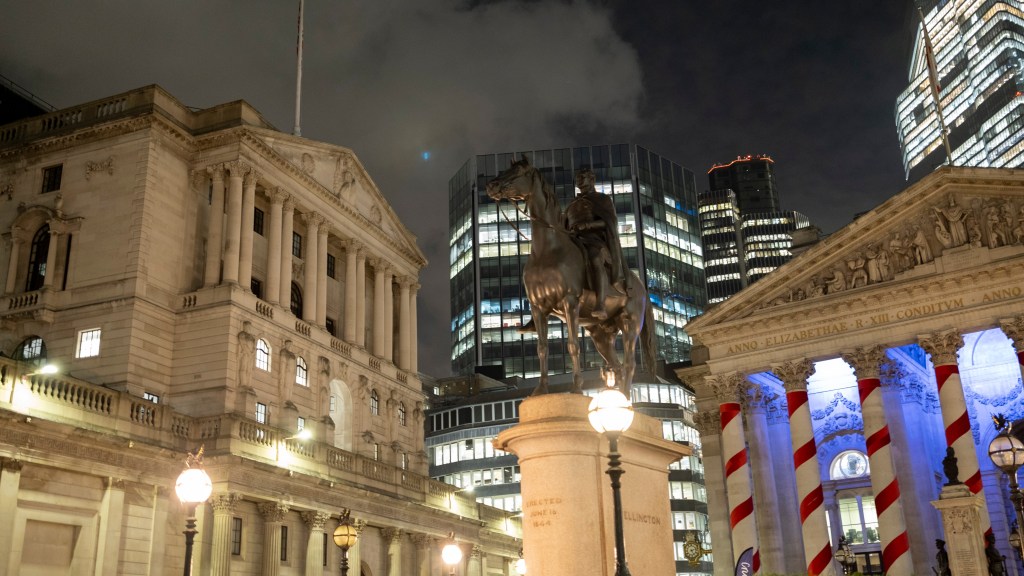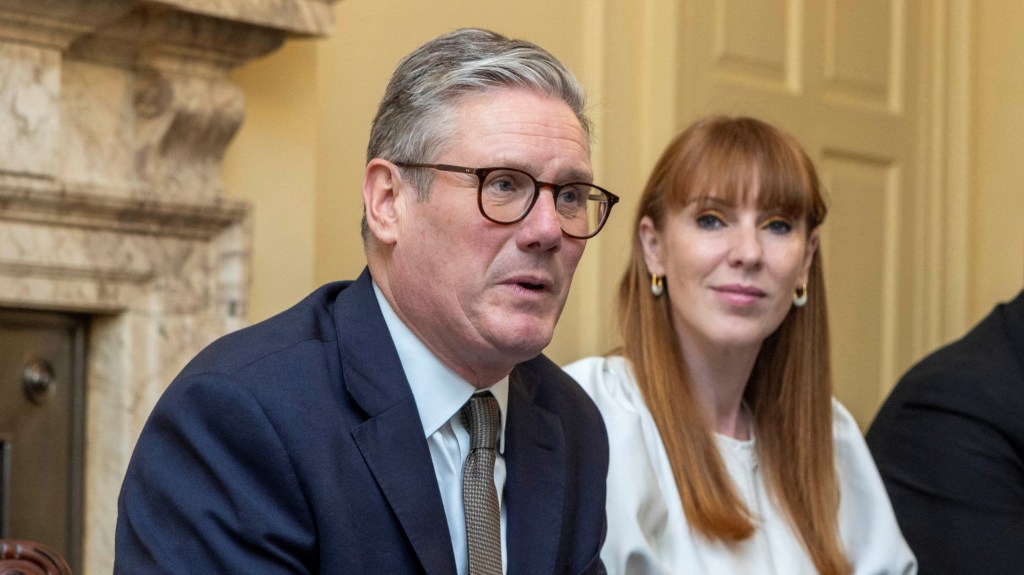Pound Soars to Highest Level in 20 Months Against Weakened Euro
The British pound has surged to its highest level in 20 months against the euro, driven by concerns regarding the weakened state of several key European economies, which have heightened expectations for interest rate cuts in the near future.
On Tuesday, sterling increased by 0.3 percent against the euro, reaching €1.21, its highest level since April 2022. The euro has depreciated against most major currencies, amid forecasts that the European Central Bank (ECB) is set to implement its fourth interest rate cut of the year this Thursday. This move comes as policymakers strive to stimulate growth in countries like France and Germany.
Generally, lower borrowing costs and a more relaxed monetary policy contribute to a currency’s decline in value. The ECB’s pace of cutting rates has outstripped that of the Bank of England, which has reduced borrowing costs twice this year and is expected to maintain its current base rate for this month.
Market participants are anticipating an additional 25 basis point decrease by the ECB this Thursday, along with new forecasts for growth and inflation that are likely to downgrade crucial metrics for the eurozone. Kenneth Broux, a foreign exchange analyst at Société Générale, indicated that investors are concerned about “downside growth risks and the potential return of inflation to target by 2025.”
Should the ECB proceed with a quarter-point cut this week, the main borrowing rate would decrease to 3 percent, in contrast to the UK’s rate of 4.75 percent. Some analysts have suggested that a more substantial cut of 50 basis points could be possible, although traders have assigned a probability of less than 30 percent to such a significant shift.
The economic landscape for the eurozone has deteriorated following the collapse of France’s minority government, which failed to pass a budget, coupled with threats from US President-elect Donald Trump to impose stringent tariffs on European goods.
Nadia Gharbi, a senior economist at Pictet Wealth Management, predicts that sluggish growth and declining inflation will compel the ECB to lower interest rates at every meeting until July 2025, potentially bringing borrowing costs down to 1.75 percent. “The risks surrounding our baseline forecast are tilted towards lower rates, due to the adverse impacts on growth,” she noted.




Post Comment